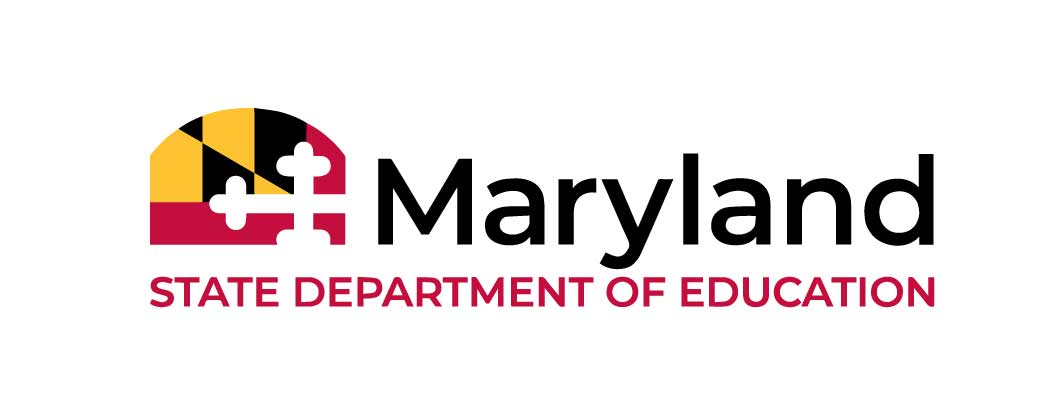Secondary Transition Toolkit: Community Assessments

Community Assessments help your students prepare for independent living in their communities by assessing and inventorying their independent living skills and plan for community living. There is also an observation form that can be used with students in a community setting.
We encourage you to use these assessments as well as transition assessments from other sources to gather and organize information on your students in order to prepare them for a seamless transition from school to adult life.
Life Skills Inventory-Independent Living Skill Assessment*
Author: Washington State Department of Social and Health Services
This tool assesses a student’s skills in 15 areas of independent living. Students are rated as basic, intermediate, advanced, or exceptional in each area. This assessment could be given over different years to see progress or broken down with age-appropriate skills.
AGE BAND: 14-21 years old
TIME: 45 minutes
COST: Free
Independent Living Skills Assessment*
Author: Tilson & Diaz Solutions
This tool assists school staff, students, and family members in making an inventory of a student’s skill level in a number of common everyday life areas. These areas include household chores, personal care, common community errands, and personal growth and community participation. This tool can guide planning by pinpointing strengths and limitations across these areas.
AGE BAND: 14-21 years old
TIME: 60 minutes
COST: Free
Planning for Community Living Worksheet*
Author: Indiana Institute on Disability and Community
This checklist assesses a student’s abilities on 20 aspects of Independent Living. The student checks if they are able to do each task on their own, with support from their family or if they need community services assistance.
AGE BAND: 14-21 years old
TIME: 30 minutes
COST: Free
Community Observation Form
Author: Maryland Coalition for Inclusive Education
The Community Observation form is a tool for educators to use to observe a student in a community setting to assess a student’s independence and need for assistance.
AGE BAND: High School
TIME: 30 minutes to half a day
COST: Free
Casey Life Skills*
Author: Casey Family Programs
This is a tool that assesses the behaviors and competencies young adults need to achieve their long term goals. It aims to set youth on their way toward developing healthy, productive lives. This allows them to complete a self-evaluation on various topics like healthy relationships, work/study habits, planning/goal setting, using community resources, daily living activities, computer literacy and adult connections.
AGE BAND: 14-21 years old
COST: Free
The Expanded Core Curriculum for Students with Visual Impairments (ECC) Resources for Evaluation and Instruction
The Expanded Core Curriculum (ECC) is a disability-specific set of skills that compensates for vision loss and is foundational to all other learning. It focuses on independence, assistive technology, vocational training, social engagement to prepare youth for the fullest life possible. The nine areas of the ECC include compensatory access, sensory efficiency, assistive technology, orientation and mobility, independent living, social interaction, recreation and leisure, career education, and self-determination. Checklists are used to assess core areas of secondary transition.
AGE BAND: 14-21 years old
DISABILITY SPECIFIC: Blind/Low Vision
COST: $50.00
* This pdf is not 100% accessible and is not a required resource.



